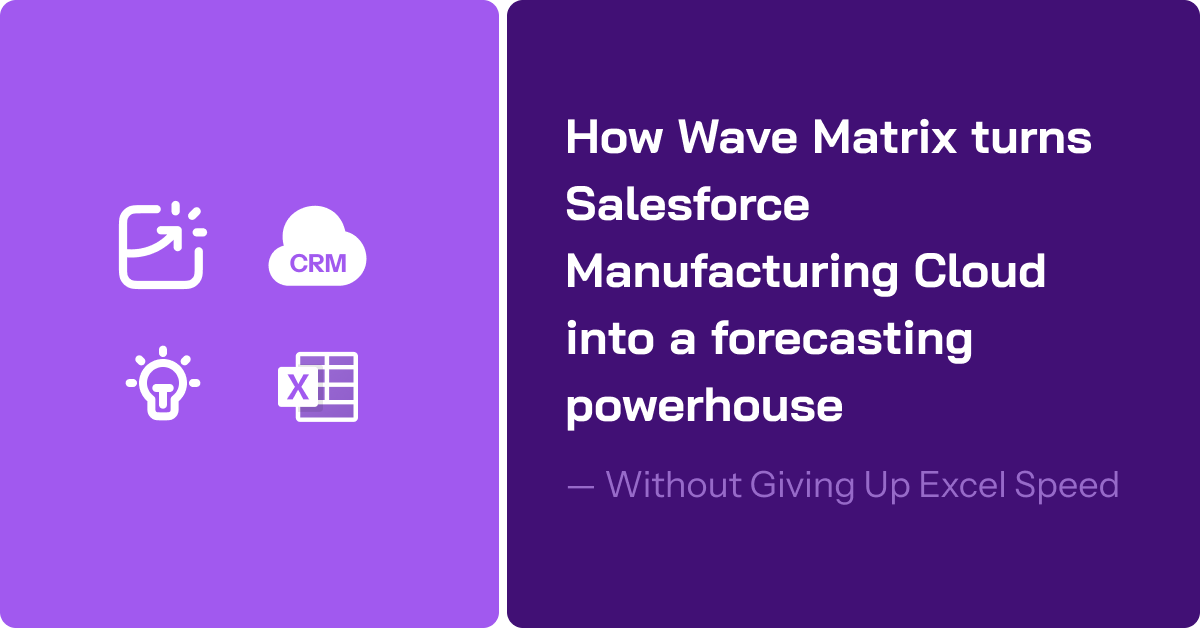Sales reps preferred updating opportunities in Sheets instead of Salesforce.
About Swoop
Swoop is an AI-powered omnichannel healthcare marketing company that helps leading pharmaceutical and life-sciences brands connect with patients and healthcare providers through precise, privacy-safe engagement. Their proprietary data models and machine-learning technology enable personalized, compliant outreach that drives measurable results.
When it came to internal operations, Swoop held itself to the same standard of precision and efficiency — yet their sales organization struggled with Salesforce adoption. The data was fragmented across spreadsheets, slowing down forecasting and visibility.
The challenge: Great CRM, low adoption
Like many fast-growing organizations, Swoop’s sales and revenue teams were deeply reliant on Google Sheets. It was fast, flexible, and familiar — but disconnected from Salesforce.
While Salesforce was meant to be the company’s system of record, it wasn’t the system of use.
Common challenges surfaced quickly:
Product and schedule data lived in multiple shared files, outside CRM oversight.
Leadership couldn’t access reliable, real-time pipeline visibility of key accounts.
Manual data entry and duplication caused inconsistencies and reporting delays.

